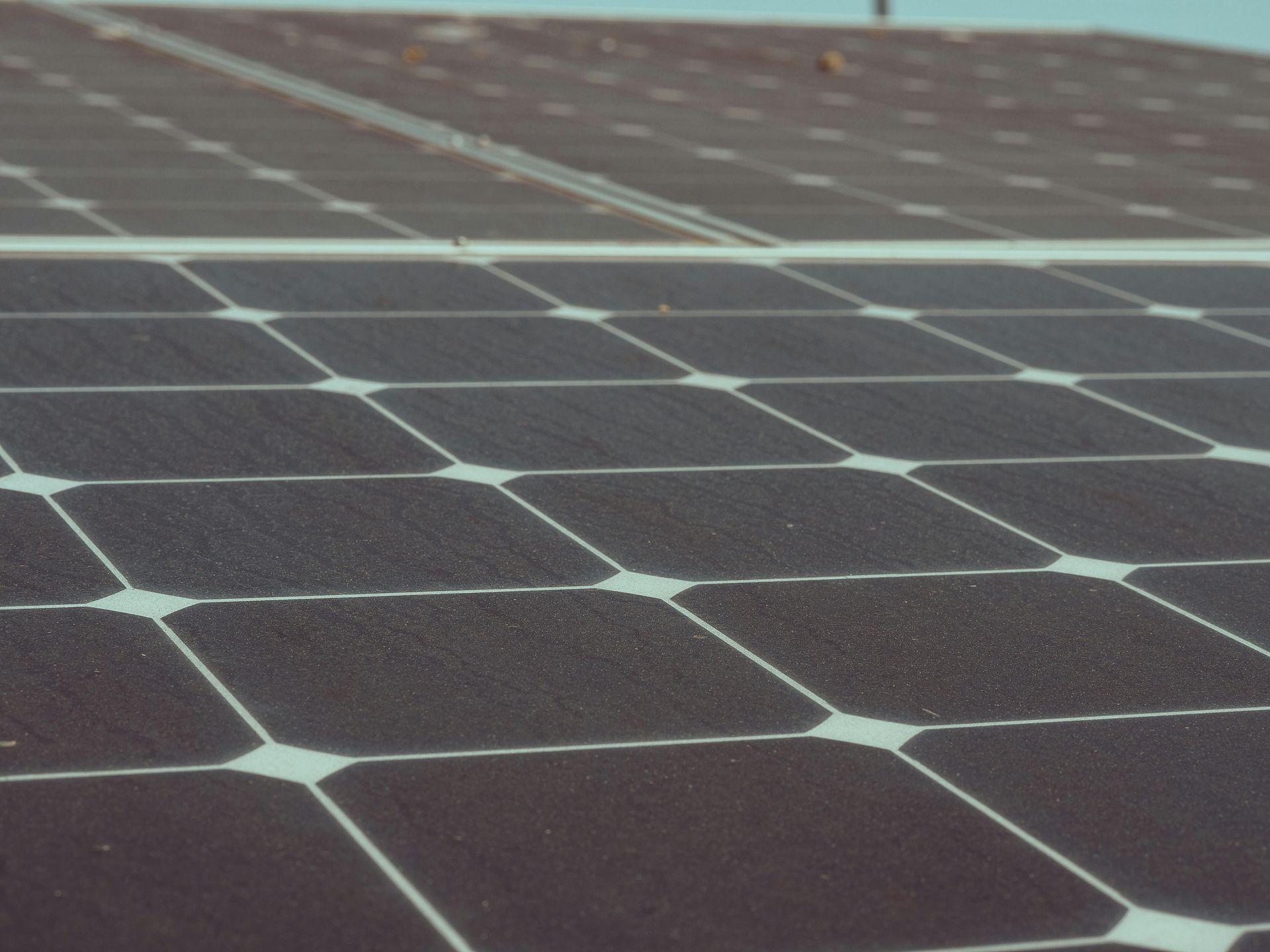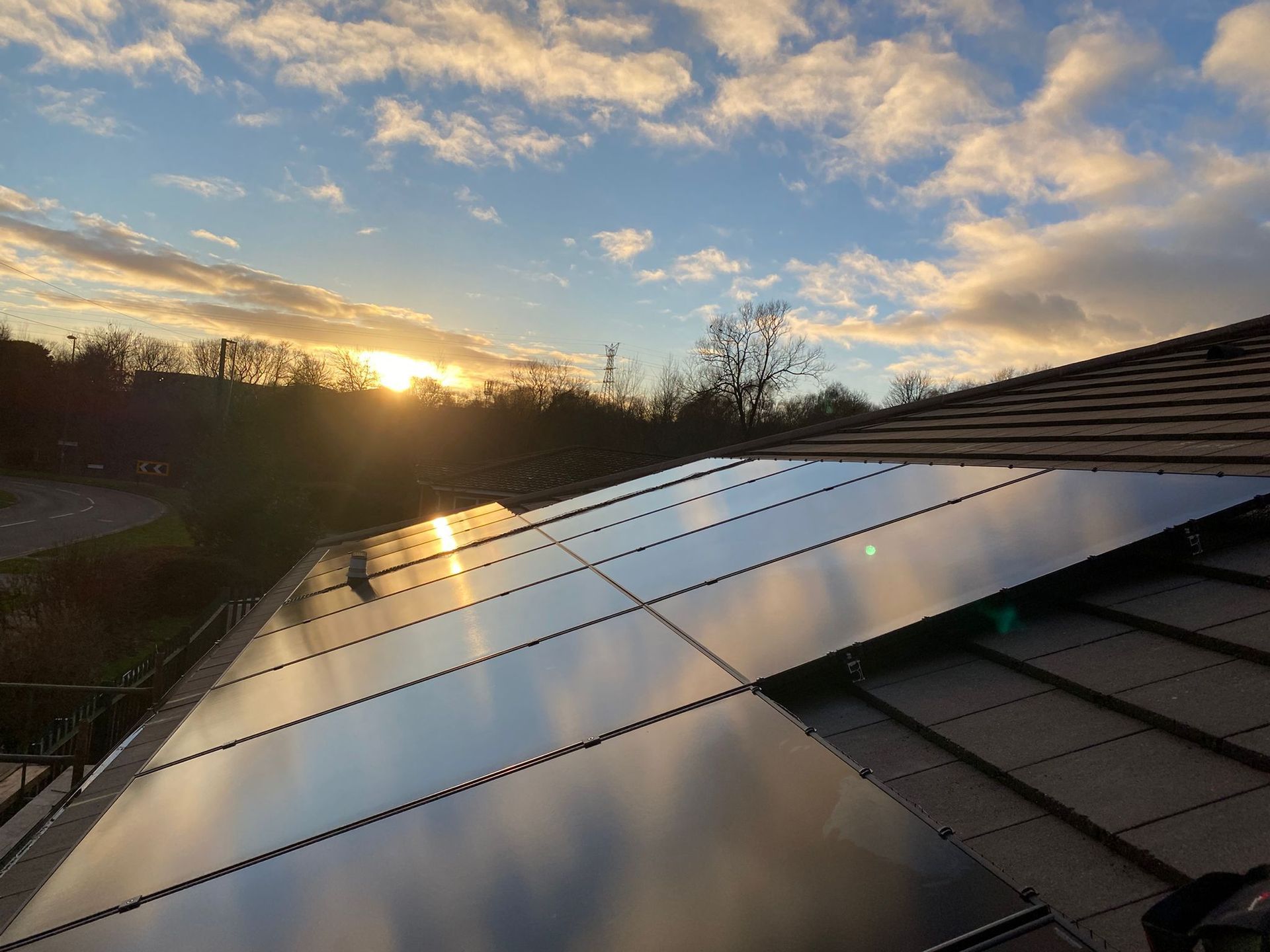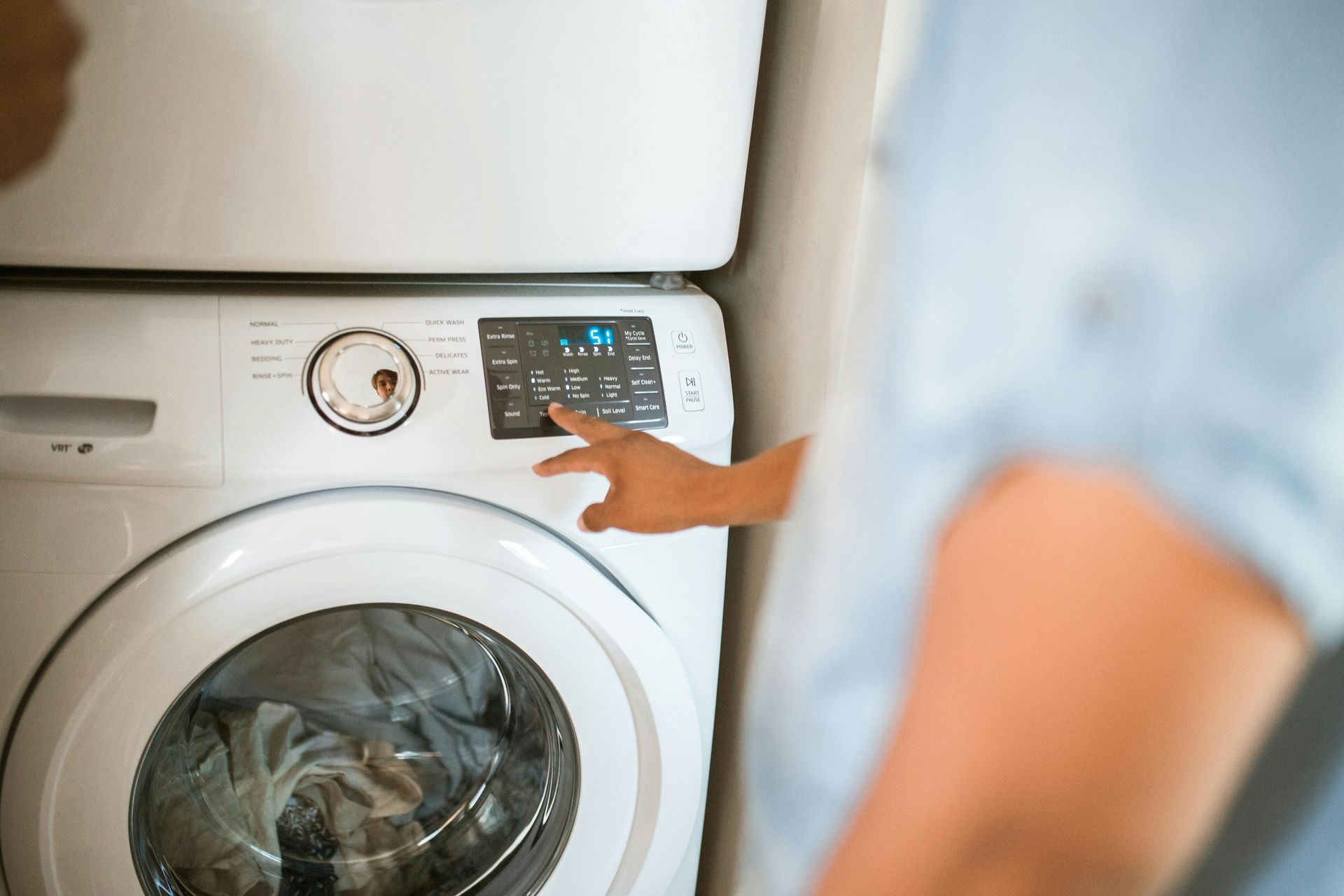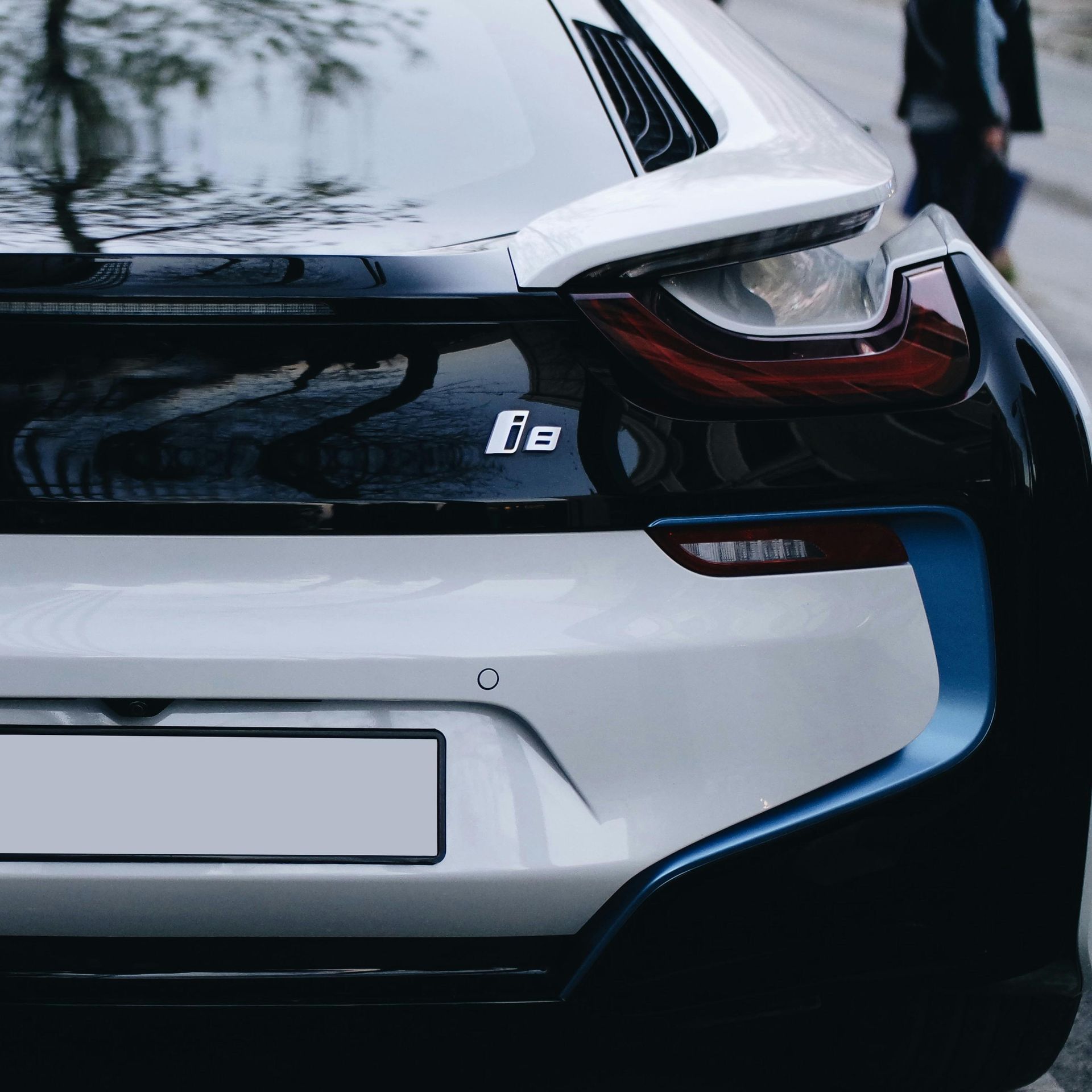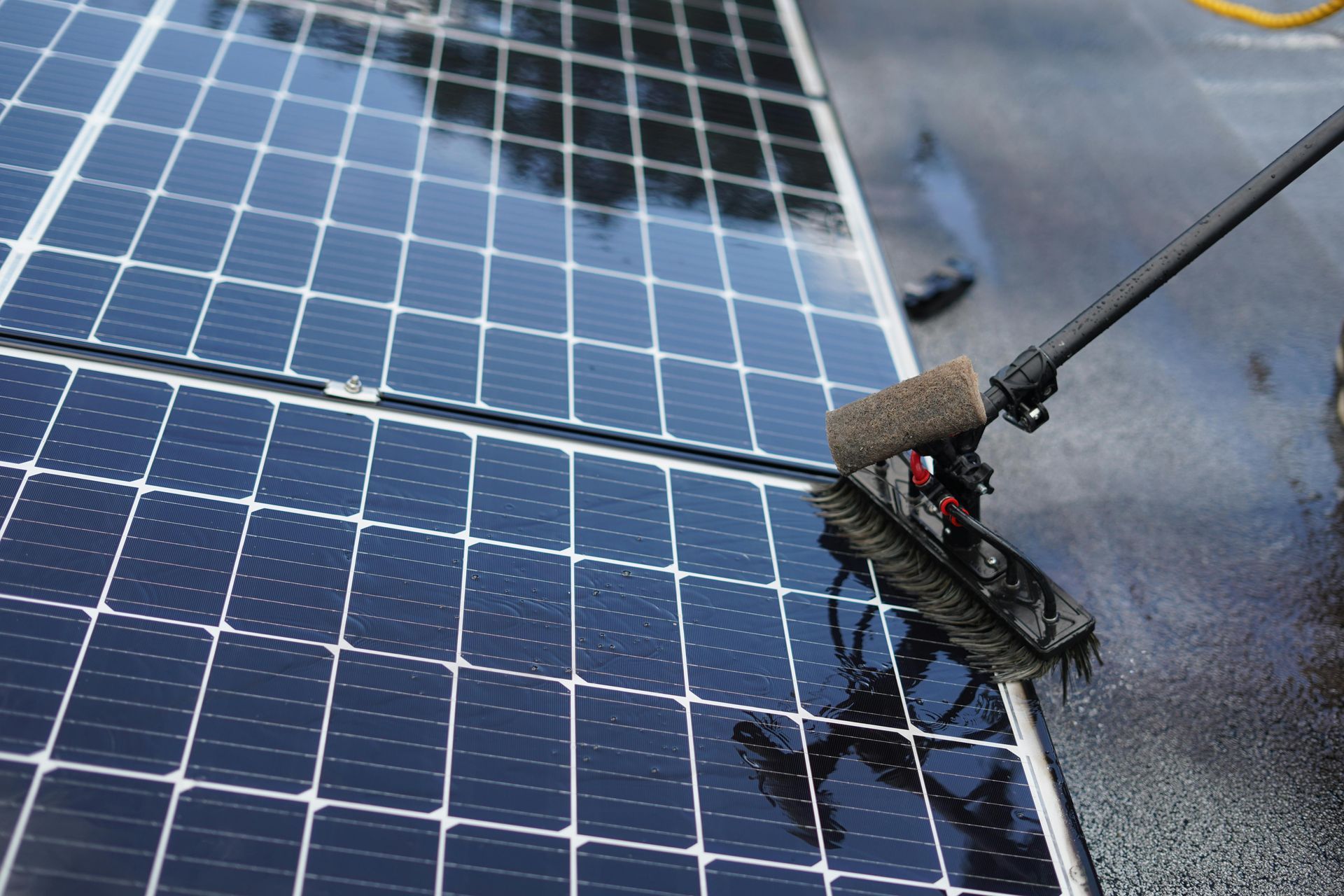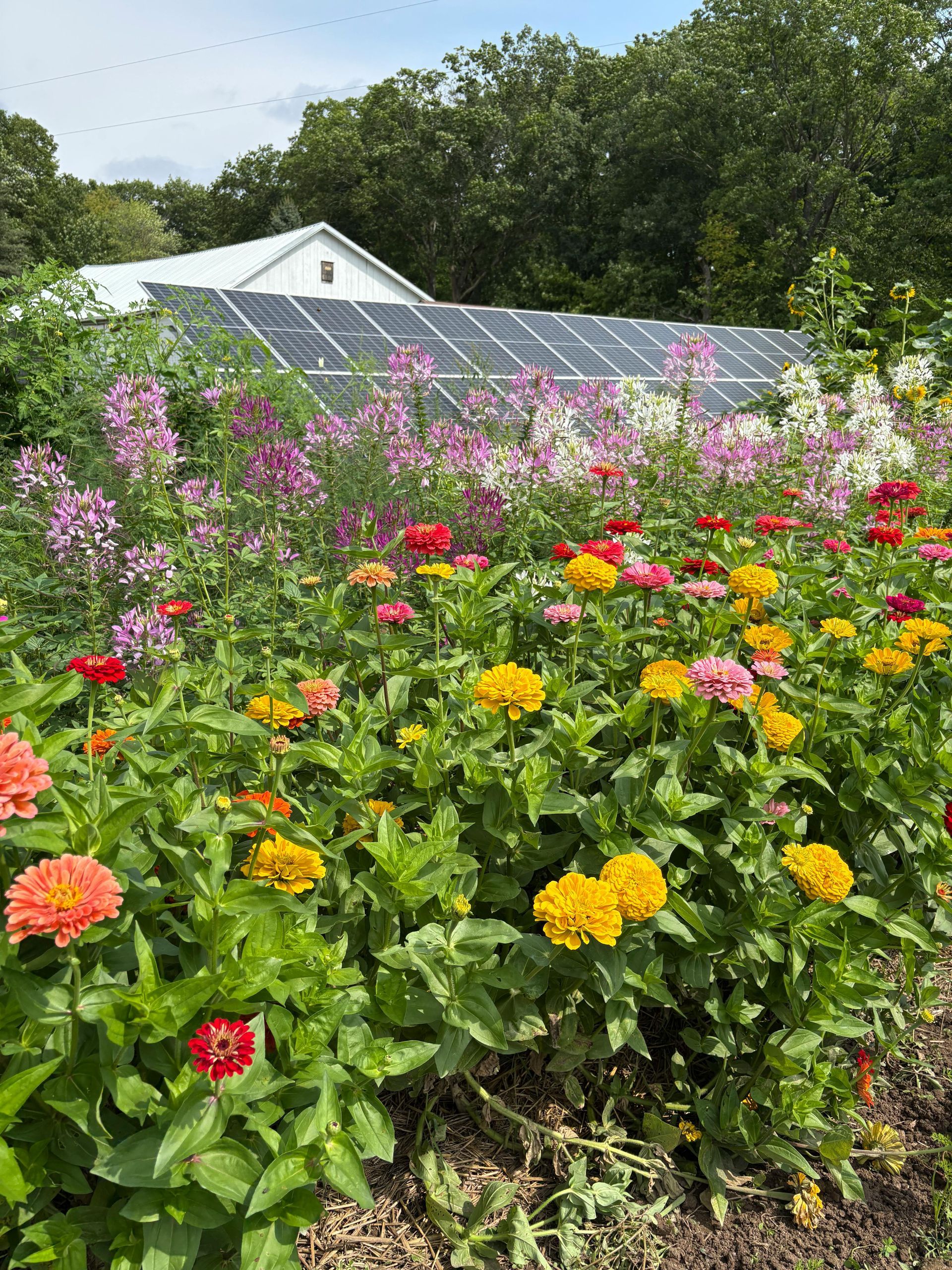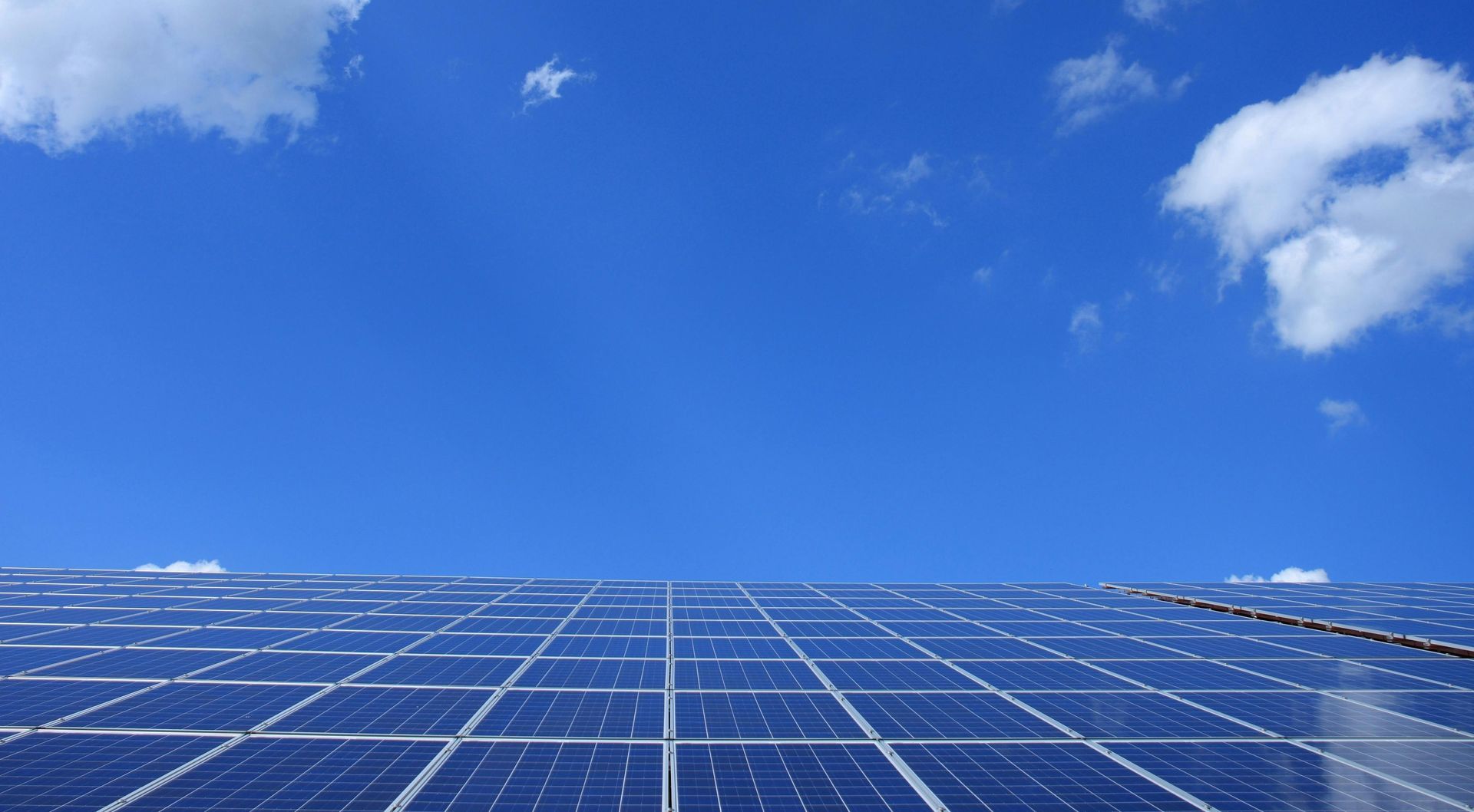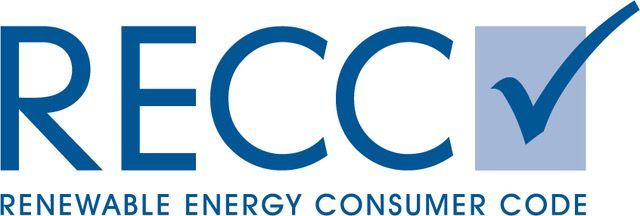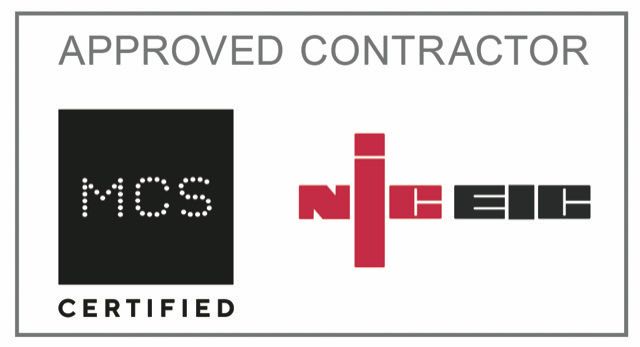Evaluating Solar Battery Costs: Is the Investment Right for Your Home?
Is It Worth the Investment?
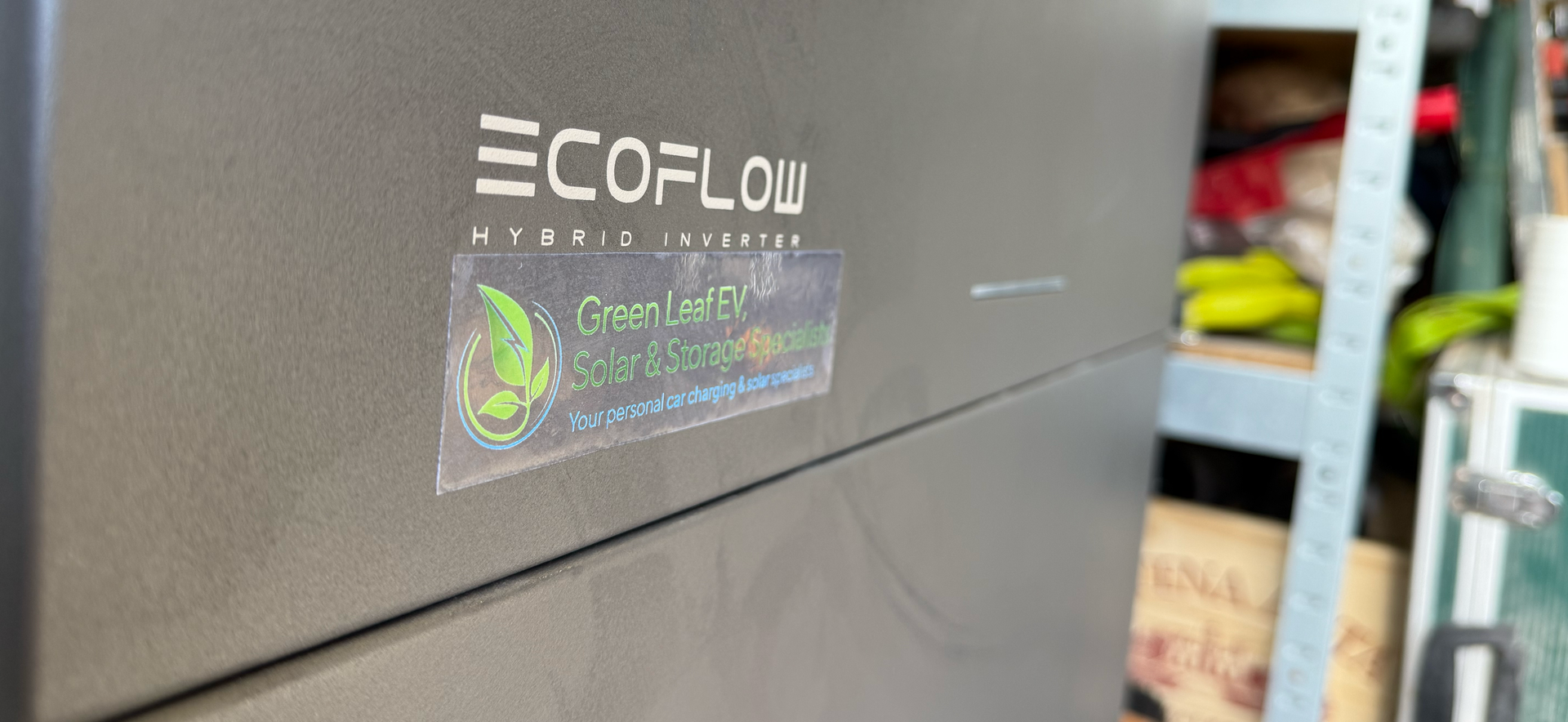
As energy costs soar and environmental concerns intensify, many UK homeowners are turning towards solar energy solutions as a viable way to reduce their carbon footprint and save money. The prospect of installing solar batteries is becoming increasingly attractive, offering the promise of renewable energy savings and increased independence from the grid. Yet, the solar battery cost remains a significant consideration, prompting homeowners to evaluate whether the upfront investment aligns with their long-term financial goals.
To make an informed decision about solar battery installation, it's crucial to grasp the various factors that influence the overall cost and compare options available in the UK market.
Factors Affecting Solar Battery Cost
The cost of solar batteries can vary widely based on several key factors.
Battery capacity is a primary determinant, with larger storage capabilities generally commanding higher prices. The quality and technology of the battery also play a significant role, with lithium-ion batteries often being pricier but more efficient than lead-acid alternatives. Installation complexity can affect costs, particularly if your existing solar setup requires modifications. Additionally, brand reputation and warranty terms can influence pricing, with well-known manufacturers often charging a premium for their products. According to Solar Together, the type of battery system - AC or DC coupled - can also impact the overall cost, with each having its own benefits and drawbacks in terms of efficiency and ease of installation.
Comparing UK Solar Battery Prices
When looking at solar battery prices in the UK, it's important to consider a range of options to find the best value for your specific needs.
Entry-level systems with smaller capacities (around 4-5kWh) can start from £4,000 to £5,000, while larger systems (10-13kWh) may cost between £7,000 and £10,000. High-end systems with advanced features and larger capacities can exceed £10,000.
It's worth noting that prices can fluctuate based on market conditions and technological advancements. As reported by BMS Technologies, the cost of solar batteries is expected to decrease over time, potentially making them more accessible to a broader range of homeowners.
When comparing prices, consider not just the upfront cost but also the long-term value, including warranty periods, expected lifespan, and efficiency ratings.
Calculating Solar Energy ROI
Understanding the return on investment (ROI) for your solar energy system is key to determining whether a solar battery is a wise financial decision for your home.
Assessing Long-term Savings
To accurately assess the long-term savings of a solar battery system, you need to consider several factors over an extended period.
Start by calculating your current annual electricity costs and estimating future energy price increases. Next, determine how much of your solar-generated electricity you currently export to the grid and at what rate. Consider the potential savings from increased self-consumption of solar energy and reduced reliance on grid electricity, especially during peak pricing periods. The Eco Experts suggest that while the payback period for solar batteries can be lengthy, the long-term savings can be substantial, especially as energy prices continue to rise.
Evaluating Renewable Energy Savings
Renewable energy savings from a solar battery system extend beyond mere financial benefits, encompassing environmental impact and energy independence. By storing excess solar energy, you can significantly reduce your carbon footprint by minimising reliance on grid electricity, which may include non-renewable sources. This reduction in fossil fuel consumption contributes to broader environmental goals and can be a source of personal satisfaction.
Energy independence is another key benefit. During power outages or periods of high grid demand, your stored solar energy can provide a reliable backup, ensuring continuity of power supply to your home. Consider also the potential for participating in grid services or energy trading schemes, which could provide additional income streams in the future as the UK's energy landscape evolves.
Benefits of Solar Battery Efficiency
Solar battery efficiency is a crucial factor in maximising the value of your renewable energy system. Modern solar batteries boast high round-trip efficiency rates, often exceeding 90%. This means that for every 10 kWh of energy stored, you can expect to use at least 9 kWh, minimising energy loss during the storage process. Efficient batteries also help to smooth out energy supply, providing consistent power even when solar generation is variable due to weather conditions. This can lead to more stable energy costs and reduced reliance on the grid during peak pricing periods. EcoFlow notes that advances in battery technology are continually improving efficiency, potentially leading to even greater benefits for homeowners in the future.
Making the Right Choice for Your Home
Choosing the right solar battery system for your home involves balancing various factors to find the best fit for your specific situation.
Consider your household's energy consumption patterns and how they align with your solar generation profile. If you use most of your energy in the evenings, a battery system could be particularly beneficial.
Evaluate your home's physical characteristics, including available space for battery installation and the condition of your existing electrical system. Some homes may require upgrades to accommodate a battery system effectively.
Think about your long-term plans for the property. If you're planning to stay in your home for many years, the long-term benefits of a battery system may outweigh the initial investment.
Lastly, talking to us as approved and experienced installers, we can provide personalised assessments and recommendations based on your specific circumstances and goals. For more details and information, you can get in touch with us here to arrange a call out.


